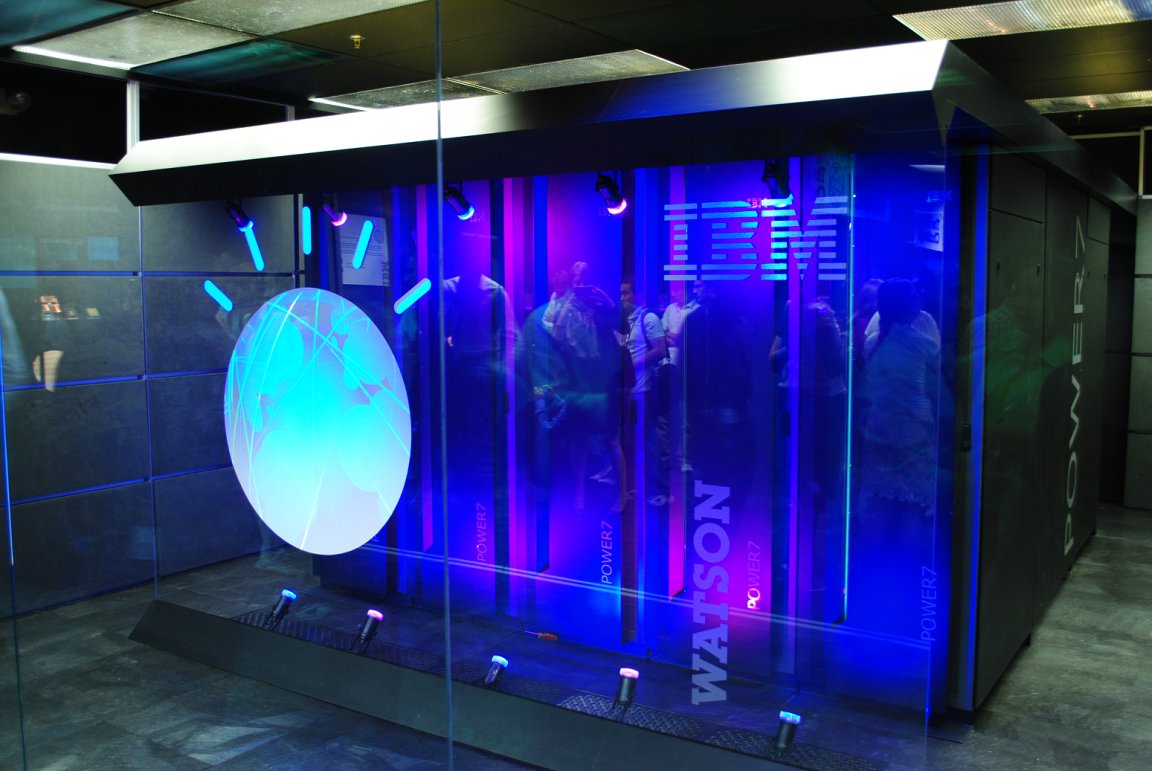
Data-Driven Solutions
On June 6, IBM launched Science for Social Good, a new program designed to take on some of the world’s weightiest problems using technology and data. The team of researchers, nonprofits, and postdoctoral fellows will be working on 12 projects for the remainder of 2017 alone, each aligning with at least one of the United Nations’ (UN) Sustainable Development Goals. These goals describe the most significant threats and inequalities that exist in the world today and sets them forth as problems to be solved by 2030.
All the Science for Social Good projects make use of analytics, artificial intelligence (AI), and data science to meet their goals. Specific projects for 2017 include Emergency Food Best Practice, which will improve food distribution practices during times of crisis, and the Overcoming Illiteracy project, which will help illiterate and low-literate adults more easily “decode” our information-rich society using AI. IBM’s Watson will also be working on a project — Combatting the Opioid Crisis.
Deep Dive Problem Solving
Each project under the new program has been carefully designed to make use of AI, big data, and machine learning and has the potential to change millions of lives. In this way, the teams can shave years or even decades of work from traditional fixes for stubborn social problems. For example, the opioid project starts from the proven premise that most opioid abuse and addiction starts with a prescription. The team can use Watson’s unparalleled abilities to recognize addiction patterns, learn evidence-based rules for more responsible prescription writing, and then develop early warning systems for use by healthcare professionals and public health officials.
“The projects chosen for this year’s Social Good program cover an important range of topics — including predicting new diseases, promoting innovation, alleviating illiteracy and hunger, and helping people out of poverty,” director of IBM Research, Arvind Krishna, said in a press release. “What unifies them all is that, at the core, they necessitate major advances in science and technology. Armed with the expertise of our partners and drawing on a wealth of new data, tools and experiences, Science for Social Good can offer new solutions to the problems our society is facing.”